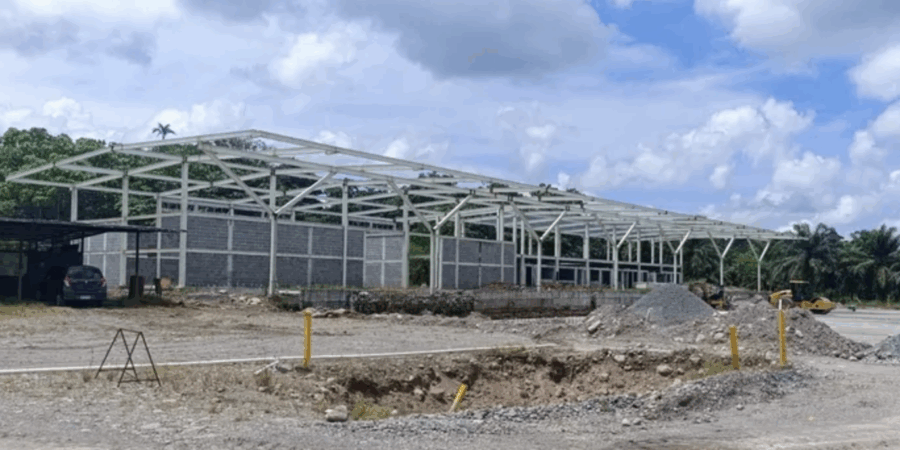The Paso Canoas Border upgrade has reached 32% completion as of June 3, 2025, according to Panama’s National Customs Authority. This extensive modernization effort is transforming the Paso?Canoas border crossing in Chiriquí Province into a regional trade hub, boosting cross-border commerce with Costa Rica.
What’s Included in the Project – Paso Canoas Border Upgrade
- 16 new buildings for customs, migration, and administrative services
- Internal roadways, parking lots, and cargo inspection lanes
- Essential utilities like water, power, sanitation, and telecom systems
- State-of-the-art tech for cargo tracking and control
Currently, six buildings are complete, and internal paving is underway. Additionally, next week begins pavement work in the cargo inspection area. Over the next three months, construction will focus on finishing the remaining infrastructure.
Funding and Oversight
This Paso Canoas upgrade is part of the Customs Logistics Integration Program (PILA), with a US?$22.4?million loan from the Inter?American Development Bank (IDB). The Ministry of Economy and Finance, via its Territorial Development office, provides technical oversight in coordination with the IDB.
Timeline and Goals
- Completion expected by June 30, 2026
- Once operational, it will serve as a benchmark for customs efficiency in Central America
- It will significantly improve working conditions for customs staff, drivers, and logistics firms
Context and Strategic Impact
Paso?Canoas is a bi-national city shared between Costa Rica and Panama, located on the CA?1 Pan?American route. This corridor is critical for regional trade. Modernizing the border will streamline inspections and reduce delays, greatly benefiting both nations.
Moreover, enhanced facilities will support future infrastructure like Panama’s planned David-to-Paso?Canoas railway—which aims to further integrate passenger and cargo transport across borders.
Benefits for Trade and Logistics
- Faster border processing: Single-stop customs and migration checks reduce wait times
- Economic integration: Businesses and transporters benefit from reduced costs and improved throughput
- Improved working environment: New facilities include proper offices, parking, and technology
- Standard setting: Paso?Canoas will set a new benchmark for border efficiency in the region
